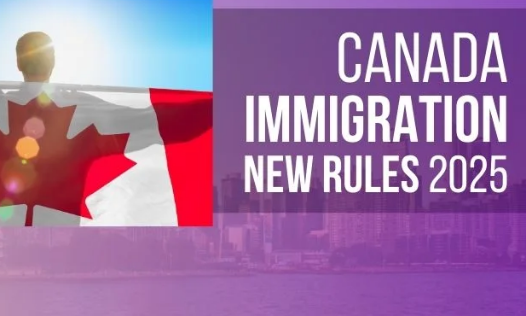Payment is being processed. Please do not refresh or close this page until your payment is complete.
 Book an Appointment
Book an Appointment

Canada's 2025 immigration reforms have introduced significant changes, particularly affecting international students and the Provincial Attestation Letter (PAL) system. Here's an in-depth look at the key updates:
Reduction in Study Permits and PAL Implementation
In an effort to manage the influx of international students and address infrastructure strains, Canada has capped study permits at approximately 437,000 for 2025, marking a 10% decrease from the previous year. A pivotal change is the mandatory requirement of a Provincial Attestation Letter (PAL) for most study permit applications. This letter confirms that the province or territory supports the student's enrollment, ensuring alignment with local capacities for housing, healthcare, and education.
Expanded PAL Requirement for Graduate Students
Starting January 24, 2025, the PAL requirement extends to master's and doctoral students, who were previously exempt. This move aims to ensure that even advanced degree programs are in sync with provincial resource planning.
Impact on Private Colleges
The new PAL mandate has notably impacted private colleges, especially those not offering degree programs. Many such institutions have struggled to obtain PALs, leading to a significant reduction in their ability to enroll international students.
Changes to Study Permit Extensions
Students seeking to extend their study permits must now obtain a new PAL unless they continue at the same Designated Learning Institution (DLI) and level of study. This change emphasizes the importance of provincial oversight in managing student populations.
Provincial Study Permit Allocations
The Immigration, Refugees and Citizenship Canada (IRCC) has detailed provincial allocations for study permits in 2025. For instance, Ontario has been allocated 181,590 permits, while Quebec has 162,742. These allocations reflect efforts to balance student distribution in line with provincial capacities.
Summary of Key Changes
• Study Permit Cap: Approximately 437,000 permits for 2025.
• Mandatory PALs: Required for most study permit applications, including graduate programs.
• Impact on Private Colleges: Reduced ability to enroll international students without PALs.
• Extension Requirements: New PAL needed for study permit extensions unless continuing at the same DLI and study level.
• Provincial Allocations: Specific permit numbers assigned to each province to manage resources effectively.
These reforms aim to create a more sustainable and equitable immigration system, ensuring that international student intake aligns with Canada's infrastructure and resource capabilities.